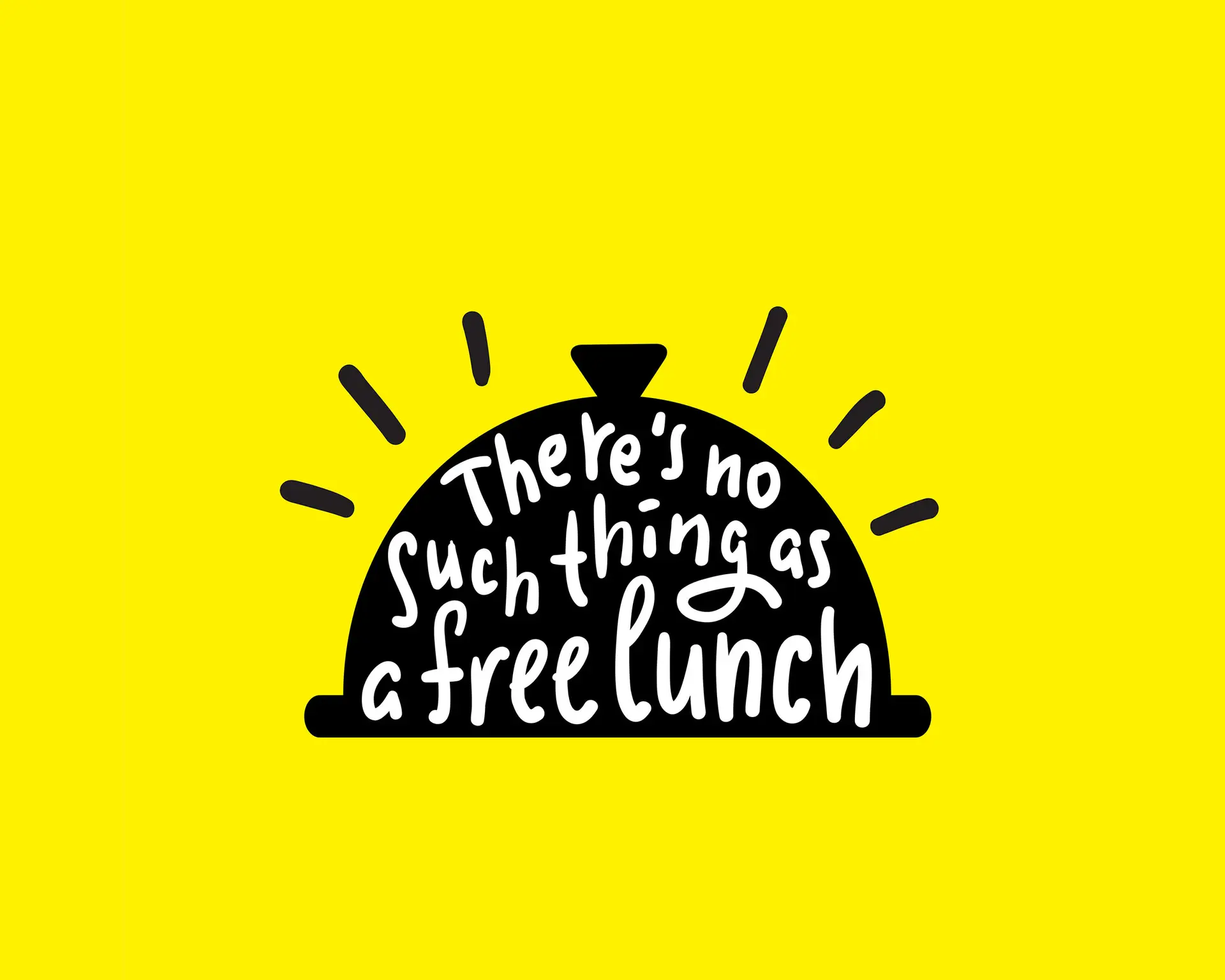There Is No Value in Free
The Dangers of Giving Stuff Away
It can be tempting, especially when you are just starting out, to offer your products or services for free. The reasoning is simple: get your offering out there, let people use it, hopefully like it and then they’ll come back, willing to pay for it and even tell their friends how good you are.
While this may work in a few specific cases, for the vast majority of SMEs, it’s a notion that should be taken with a pinch of salt. In short, free is not the great marketing tool many entrepreneurs have been led to believe.
There Is No Value in Free – The Dangers of Giving Stuff Away
At The Last Hurdle, we generally don’t provide our services for free. Yes, we donate our services to our chosen charity, but that’s a different situation, as we gain a lot in return from working with them, not least of which is the ability to pay it forward. In the past, we have occasionally provided services free of charge to certain individuals where the desire to help outweighed the need for income. However, the lightbulb moment came when, during a conversation with peers, including a recipient of those FOC (free of charge) services, I referred to the person as a client. The response? “I’m not a client. Well, I guess I am kind of…” That’s when it hit me – all the time and effort we had invested in this person had no real value to them because it was free!
The truth is, when you offer services or products for free, you send out a message that your offering has no value. Free services are often treated with less regard than paid ones. Let’s say you have an online platform for learning a language. If you offer it for free, people are less likely to engage with it on a long-term basis. However, if they’ve paid for access, customers are more likely to use it regularly because they’ve invested their own money. They’ll learn better and if your platform is good, they’ll likely buy more modules, spread the word and become long-term fans.
Bottom line: when we pay for something, we are more inclined to want to get the full value from it.
A similar example can be seen with free networking events. They often attract lots of sign-ups, but also tend to have a high number of no-shows. Not only do these absentees not value the event, but the majority don’t inform the organiser that they’re not attending. Even charging a small fee creates more ‘buy-in’ than a free event, which shows that even a token price increases commitment. The same goes for products and services.

Is Free Really All That Bad?
Many businesses do offer certain things for free—free shipping, free consultations, free trials and so on. Even this blog provides valuable information for free. The point here is that the blog is designed to showcase our expertise and demonstrate that. Our free content has a purpose: to create new customers and build credibility.
Many digital resources, such as online tutorials and cloud-based platforms, offer free trial periods so that users can test the system before committing to a purchase. Supermarkets regularly offer ‘buy one, get one free’ deals as well.
There is a place for ‘free’, but it should be used strategically, not indiscriminately. If you’re not careful, giving things away for free can undermine the value of what you do.
Setting a Bad Precedent
Giving away your products or services for free has several negative consequences:
- It eats into your bottom line.
- It sets your market position lower than you want or deserve.
- It creates an expectation of more free offerings and customers may start demanding more at no cost.
- It makes it harder to raise your prices later, as customers won’t want to pay more for something they’ve previously received for free.
- It damages your reputation as a provider of high-quality services or products.
Offering free products or services does little to grow a loyal customer base. Once you start charging your proper rate, many of those freebie customers will likely disappear and search elsewhere for the next free deal.
Use ‘Free’ with Caution
While offering things for free might seem like a tempting way to attract new customers, it’s essential to set the right value for your product or service from the outset. Good customers appreciate quality and are willing to pay a reasonable price for it. Dishing out freebies might make you popular in the short term, but it risks devaluing your brand in the long run.
Use free strategically and sparingly—otherwise, you risk customers taking you for granted, or worse, devaluing your business.





